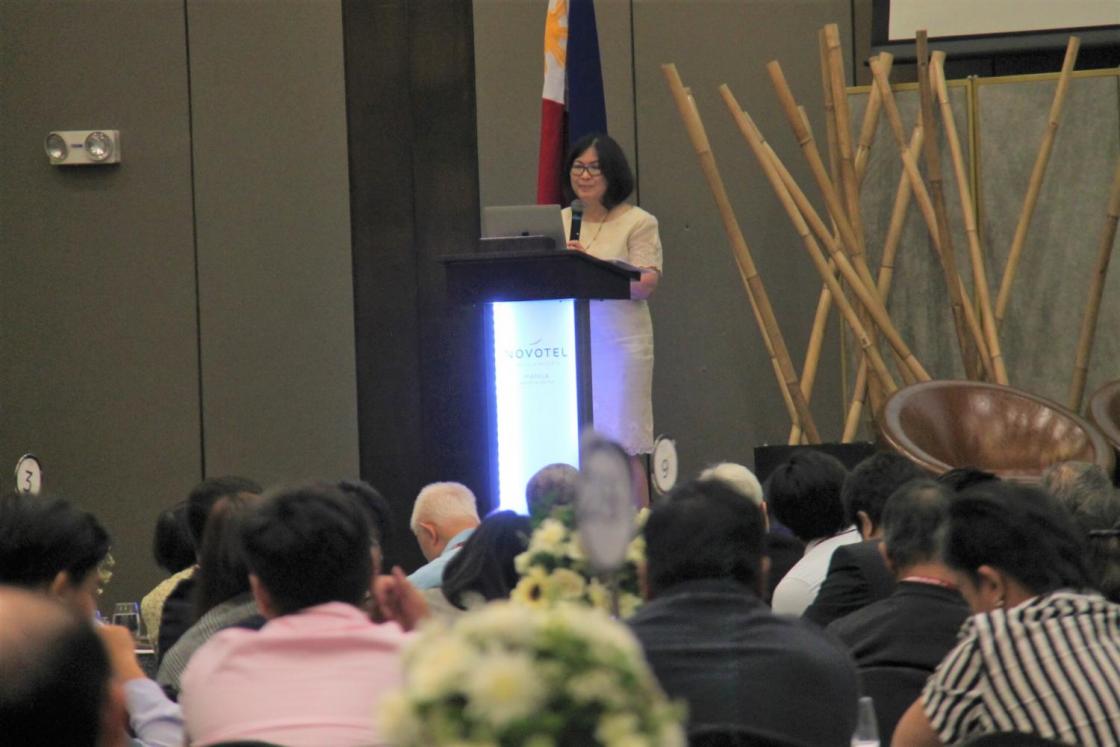
GOVERNMENT agencies are proposing programs to address job losses caused by the possible contraction of the manufacturing sector due to increased automation, officials said at an economic forum.
Representatives from the Department of Trade and Industry (DTI) and the National Economic and Development Authority (NEDA) disclosed the plans at a Philippine Economic Society forum Thursday.
“The entry of industrial technologies will add another layer of complexity to the already challenging task of developing globally competitive industries,” DTI Undersecretary Rafaelita M. Aldaba said in her presentation.
“Adoption of new technologies would increase productivity but may replace workers whose tasks are to be automated.”
She said providing workers with new digital skills to prepare for the future of production is a DTI priority.
The government plans to build an SME Academy and innovation center to provide “industry 4.0” training for small and medium-sized enterprises. It also plans to build an “Industry 4.0 Factory” to try out new-technology concepts on a pilot basis.
“We plan to establish an industry 4.0 pilot factory to serve as a demonstration and learning facility especially for our small and medium enterprises,” she said.
She said that the Department of Science and Technology is also building facilities for Industry 4.0 training and innovation.
“One is the advanced manufacturing center which will be equipped with advanced laboratories and prototyping 3D technologies. They are also building an advanced mechatronics and industrial laboratory.”
DTI is working with the Department of Labor and Employment and Technical Education and Skills Development Authority to build training and workforce development programs for future production.
Meanwhile, NEDA Undersecretary Rosemarie G. Edillon said a chapter in the current Philippine Development Plan is dedicated to advancing science, technology, and innovation.
“Although we keep on bragging about the competence of our Filipino workforce and industries, para sa amin, kulang (we think we fall short),” she said.
She said the administration is also studying the information technology and business process management (IT-BPM) sector.
“We want to find out first if there are certain governance issues that we can tweak — because we keep saying that IT-BPM needs to move up the value chain. But what needs to happen to do that?” she said.
“This was where we realized we need to move some steps backward and really work on the educational system. And that’s why we have been very active in promoting the internationalization of our higher education because the knowledge and competencies that we need, we should be bringing in many more people to teach us about this,” she added.
Last year NEDA, through the foreign investment negative list, helped ensure that foreigners can teach in higher education, for programs that do not require a professional regulation commission license.
The new rules allow foreign-owned high-tech skills training centers to offer short-term courses “as long as they do not form part of the hierarchical educational structure,” such as university undergraduate and graduate degrees.
 Philippine Economic Society (PES)
Philippine Economic Society (PES)